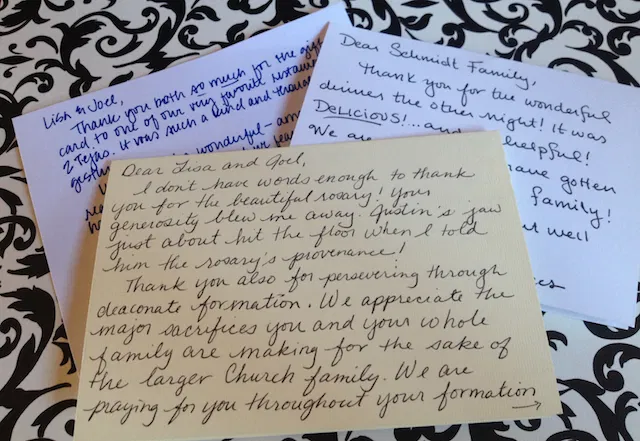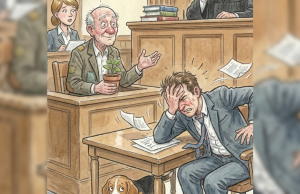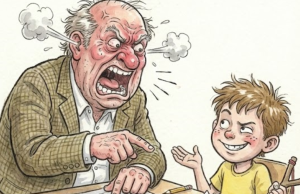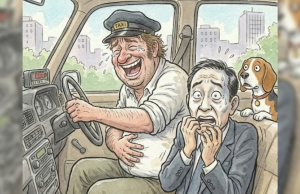
A loved one’s funeral is a heartbreaking time. In the rush of arrangements and the haze of grief, families often make quick decisions — including what to keep and what to discard. But some things, once gone, can never be replaced. Certain items hold more than just physical value — they carry emotional weight, family history, and a connection to the person we’ve lost.
Here are four things you should never throw away at a funeral, even if you’re trying to “move on.”
1. Handwritten Notes or Letters

Whether it’s a card they once sent, a sticky note on the fridge, or a letter tucked away in a drawer, these pieces of handwriting are deeply personal. They hold your loved one’s actual thoughts — in their own words, their own handwriting. In time, reading them may bring tears, but also comfort and warmth.
Many people regret throwing these away in a moment of sadness. Keep them. One day, they might mean more than you can imagine.
2. Voice Recordings or Voicemails

In the digital age, we often overlook the power of a voice. That short voicemail they left — “Call me when you can,” or “Love you, see you soon” — may seem unimportant now. But after they’re gone, it becomes a living memory. Their tone, their laugh, their way of saying your name — it’s all captured in that tiny clip.
Save it. Back it up. You might find yourself playing it when you miss them most.
3. Items That Were Always “Theirs”
Maybe it’s their favorite mug, their old sweater, their reading glasses, or even the chair they always sat in. These aren’t just things — they were part of the person’s daily life, and seeing them can trigger meaningful memories.
While it may feel easier to clear things out quickly, consider keeping a few of these objects. They often bring comfort later and can be passed down as sentimental heirlooms.
4. Family Photos — Especially the Unlabeled Ones

In the blur of emotions, people sometimes toss out old photo albums or boxes of “unfamiliar faces.” But those photos often hold generations of memories — grandparents, great-grandparents, childhood moments that only a few remember.
Even if you don’t recognize everyone in the pictures, hold onto them. Ask older relatives to help identify the faces. You might uncover family stories you’ve never heard — and preserve them for the next generation.
In Summary:
Grief can make us want to clean, organize, and start fresh — but be careful. In trying to move forward, don’t lose the pieces that help you hold on. What feels small today could be priceless tomorrow.
Funerals are not just about saying goodbye. They’re about honoring a life. And sometimes, the most meaningful part of that honor is knowing what to keep.


















